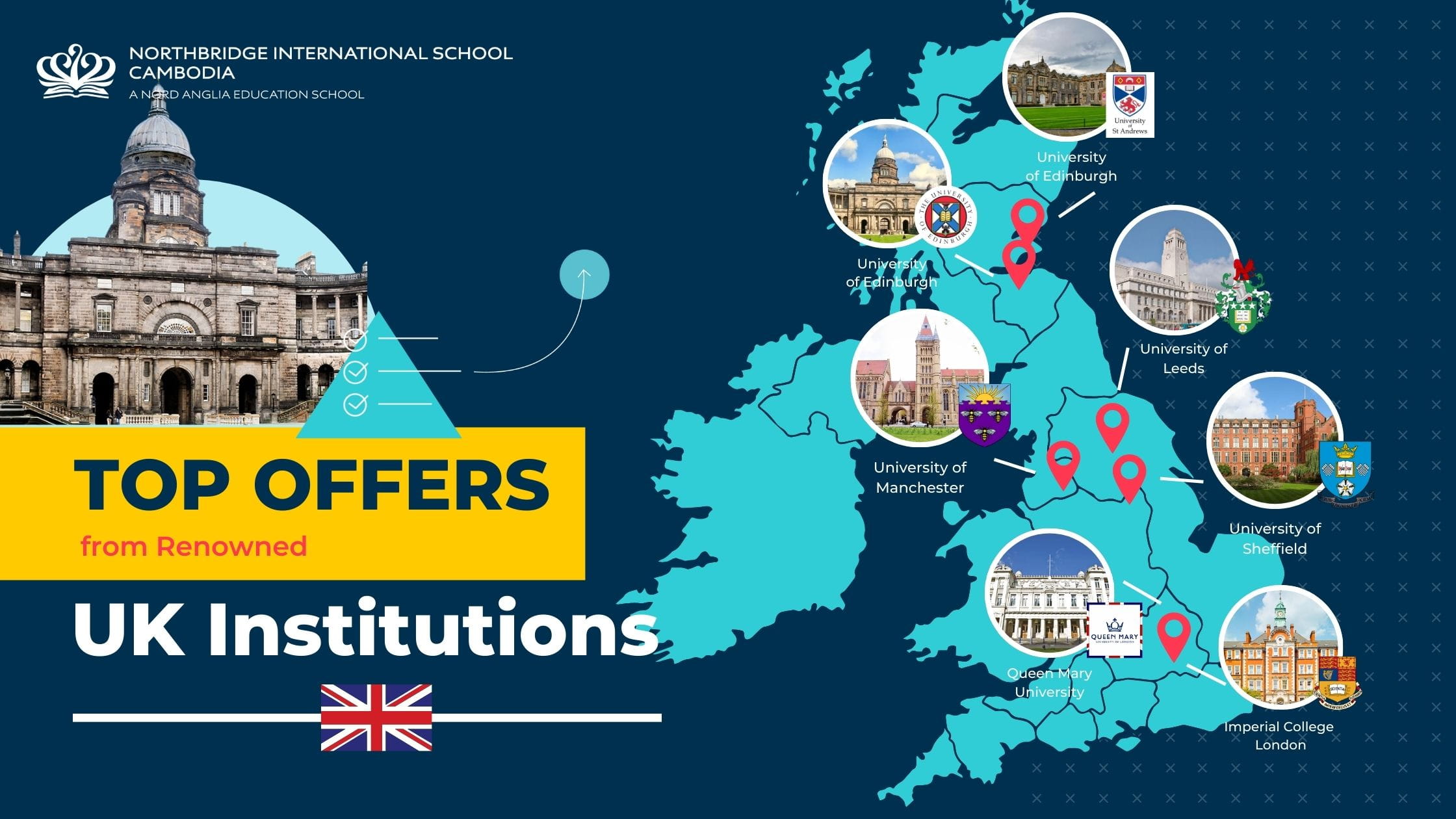They have spent time analyzing their skills and passions, met with their teachers to discuss their strengths and weaknesses, and finalized their course choices for next year.
As most of them would tell you, it is a lot of pressure deciding at 15 or 16 what you are going to do with the rest of your life. Some of them will stay committed to the choices they have made; some might decide they are not as interested in a field as they thought, and some might discover a new passion and change course completely. And no matter the course they choose to take, they will all be fine.
People often think of school and learning as objectives and levels that need to be met and completed; but learning and education is not confined to the classroom or to a specific moment in time. Real learning requires us to constantly be ready to adjust and change direction; to reconsider things we thought we already knew, to fail and grow in the light of our failures.
Many of the careers and fields that students may be interested in pursuing now did not exist when I was in high school and there is likely to be even more diversity in the modern work world when they finish in two years.
This and an ever-changing global landscape mean flexibility is an essential aspect of being a lifelong learner as it allows us to adapt to change and navigate through challenges. As the world evolves, we must evolve with it.
Students also need to know that making mistakes is ok. Experiencing mistakes and changing direction can be difficult and unsettling, but it can also be a powerful catalyst for personal and professional growth. By embracing the lessons that come with failure and being open to changing our paths, we become more adaptable, resilient, and self-aware.
Teachers and parents/guardians play a crucial role in supporting these skillsets' development and modelling them for students. Teachers can provide guidance on academic matters, offer feedback on students' work, and create a supportive learning environment. Parents can provide emotional support and encouragement, help students manage their time effectively, celebrate their successes and help them learn how to deal with setbacks and disappointments.
Throughout this process students will learn to identify our strengths, weaknesses, and interests, and use that knowledge to make informed decisions about their goals and aspirations. As lifelong learners, we have to recognize that our journey is not always linear and that we may need to pivot or redirect at different points in our lives.
By embracing change and being open to new opportunities, we can continue to learn and grow, both professionally and as a person.





